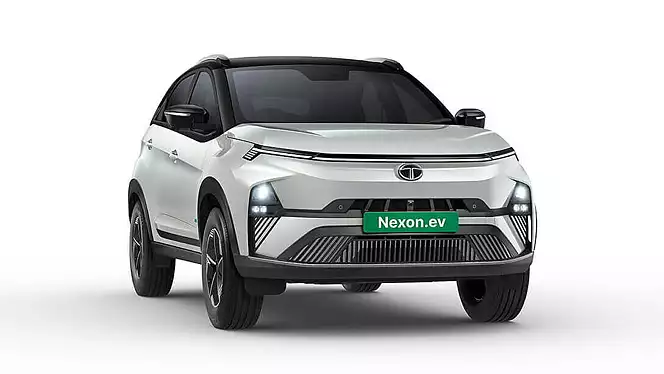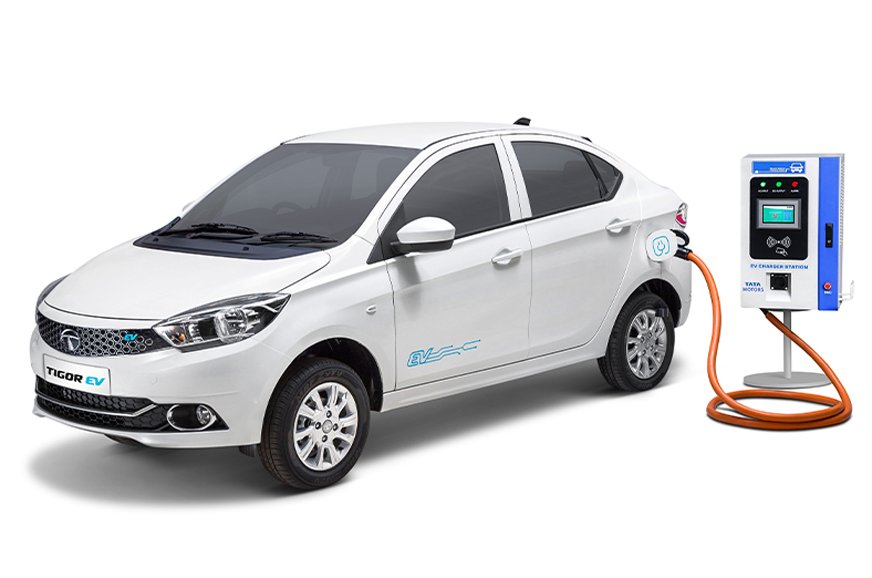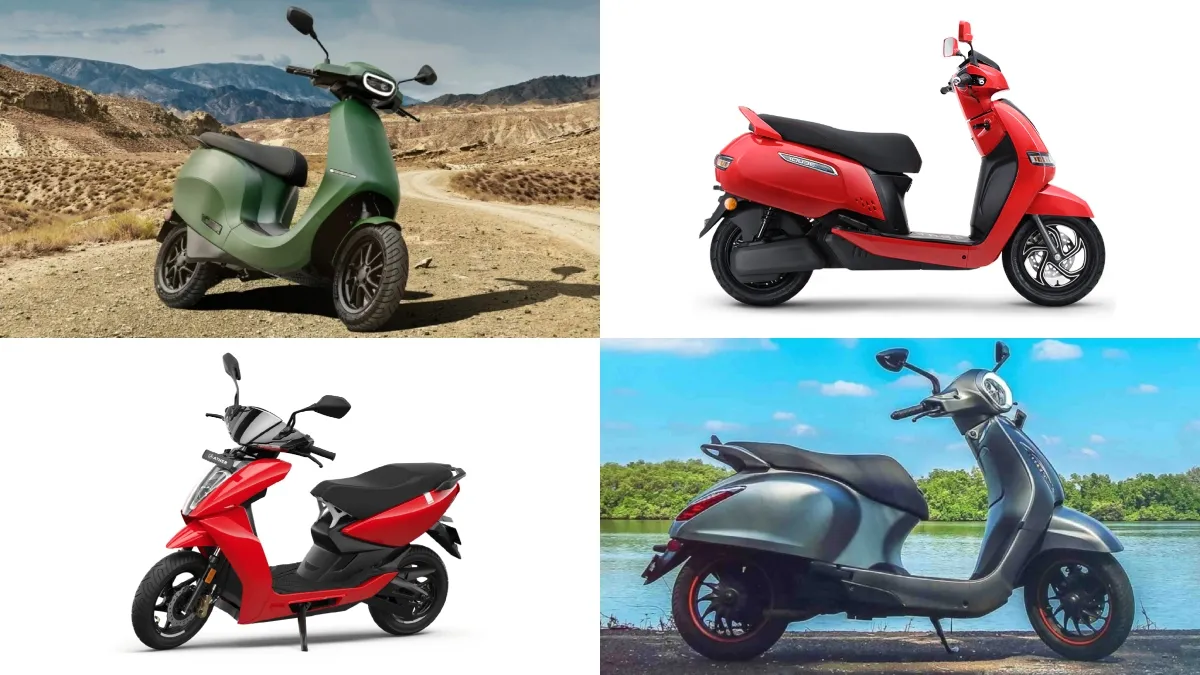In recent years, the automotive industry has witnessed a paradigm shift towards sustainable and eco-friendly alternatives, and Tata Motors has emerged as a frontrunner in this green revolution. With a commitment to environmental stewardship and technological innovation, Tata has ventured into the electric vehicle (EV) market, aiming to reshape the future of transportation. In this article, we delve into Tata’s foray into electric cars, exploring their vision, technological advancements, and the impact on the automotive landscape.
The Rise of Electric Vehicles:
The rise of electric vehicles signifies a pivotal moment in the automotive industry, driven by the urgent need to reduce carbon emissions and combat climate change. Tata Motors, a renowned name in the global automotive sector, has embraced this change by investing in research, development, and production of electric cars. The company’s vision aligns with the global push towards sustainable transportation, making a significant impact on the transition from traditional internal combustion engines to electric power.
Tata’s Electric Car Portfolio:
Tata Motors has made a bold statement with its diverse portfolio of electric cars, catering to different segments of the market. From compact urban commuters to spacious SUVs, Tata offers an array of electric vehicles designed to meet the varying needs of consumers.
Let’s explore some of the key players in Tata’s electric car lineup:
Tata Nexon EV:
The Tata Nexon EV stands as a flagship model, embodying the company’s commitment to sustainable mobility. With a sleek design and robust performance, this compact SUV has gained traction in the market.
Its electric powertrain delivers an impressive range on a single charge, addressing the common concern of range anxiety among potential electric car buyers.
Advanced safety features and cutting-edge technology make the Nexon EV a formidable contender in the electric SUV segment.
Tata Tigor EV:

Targeting the urban commuter segment, the Tigor EV is a compact sedan that combines style with efficiency. It offers a practical solution for city dwellers looking to make the switch to electric mobility.
The Tigor EV showcases Tata’s dedication to affordability without compromising on quality. It caters to a wider audience by providing an accessible entry point into the electric vehicle market.
Upcoming Models:
Tata Motors has teased upcoming electric models, hinting at an expansion of its electric vehicle portfolio. These new additions are anticipated to further diversify the company’s offerings and capture a broader market share.
Technological Advancements:
Tata’s electric cars boast cutting-edge technology aimed at enhancing the driving experience, safety, and sustainability.
Some noteworthy technological advancements include:
Ziptron Technology:
Tata’s electric cars are powered by state-of-the-art Ziptron technology, a proprietary electric powertrain that combines efficiency with performance. This technology ensures optimal utilization of the electric vehicle’s capabilities.
Connected Features:
Embracing the era of smart mobility, Tata’s electric cars come equipped with connected features. These include remote monitoring, over-the-air updates, and smartphone integration, providing a seamless and futuristic driving experience.
Battery Technology:
Tata Motors has invested significantly in battery technology. Aiming to enhance energy density, reduce charging times, and extend the overall lifespan of electric vehicle batteries. This commitment addresses one of the key concerns associated with electric vehicles: battery performance and longevity.
Impact on Sustainability:
Tata’s venture into electric cars aligns with a broader commitment to sustainability. By reducing dependence on fossil fuels, these vehicles contribute to lower carbon emissions and a greener future. The integration of sustainable materials in manufacturing processes further emphasizes Tata’s dedication to eco-friendly practices.
Challenges and Opportunities:
While Tata Motors has made commendable strides in the electric vehicle market, challenges remain. Infrastructure for electric vehicle charging needs expansion, and public awareness must increase to accelerate the adoption of electric cars. However, these challenges also present opportunities for Tata Motors to collaborate with stakeholders, invest in charging infrastructure, and engage in public awareness campaigns.
Conclusion:
Tata Motors’ foray into electric cars is a testament to the company’s commitment to sustainable and futuristic transportation. The diverse portfolio, technological innovations, and emphasis on sustainability position Tata as a key player in the global electric vehicle market. As the automotive industry undergoes a transformative shift,. Tata’s electric cars are not just vehicles; they represent a vision for a cleaner, greener, and more sustainable future on the roads.
Internal link: Opticalsworld










